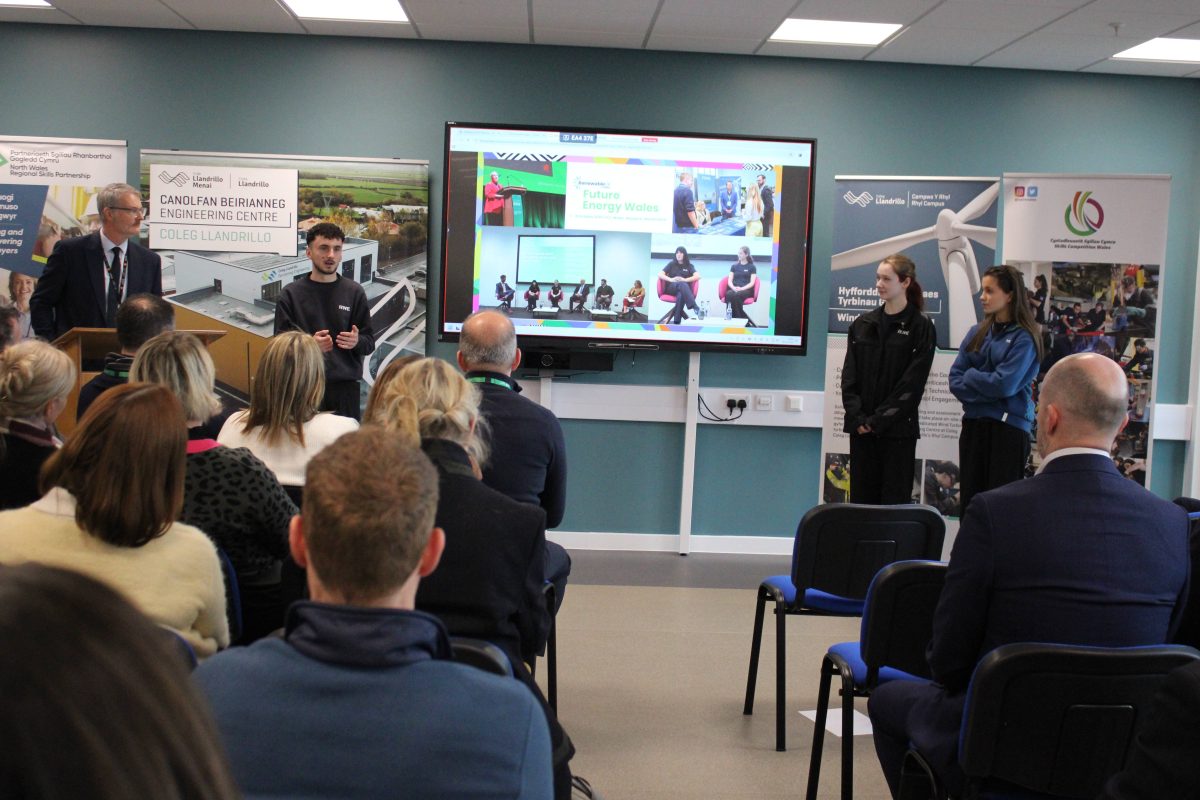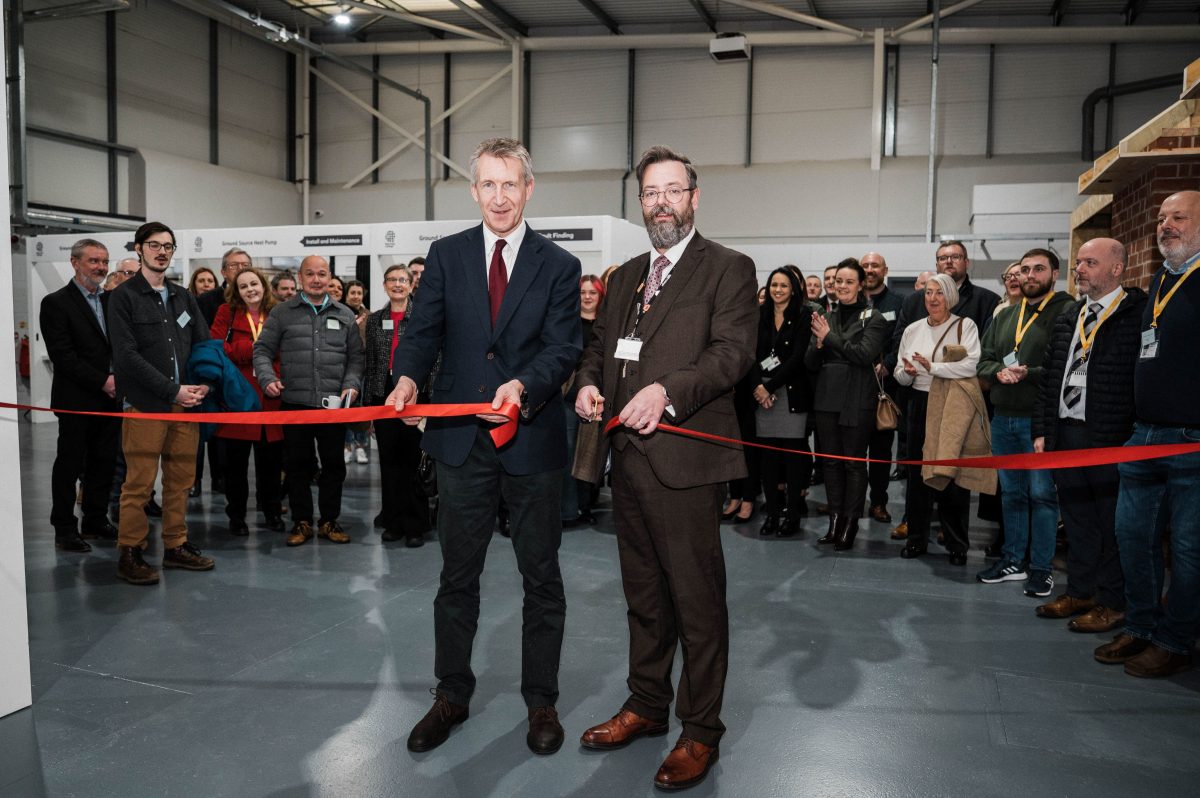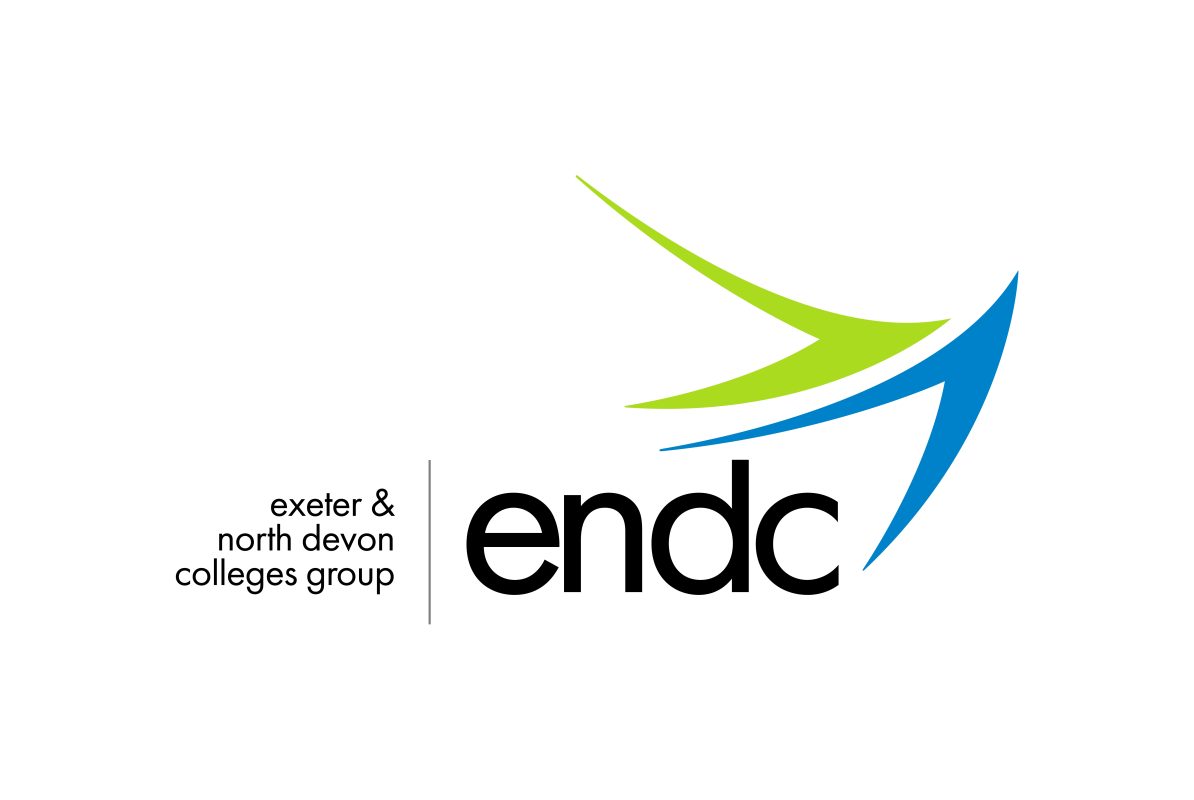Plymouth implement new digital learning environment to become an “edgeless university” #FutureofEducation

The University of Plymouth select CoSector – University of London for its digital learning environment
The University of Plymouth is home to 20,000+ students and 2,900+ staff. A further 13,000 off-campus students are enrolled on the University of Plymouth degrees.
Founded in 1862 as the School of Navigation, the University of Plymouth is now the UK’s 15th largest university. It is the first and only post-1992 university to launch its own medical and dental school.
Situation
Five years ago, the University started examining its existing learning environments. The institution had several systems which were built in-house. The University decided it wanted to standardise onto one system, to be brought in-line with its digital strategy.
“Our digital strategy talks about us being an edgeless university,” said Paul Westmore, IT Director at the University of Plymouth.
“This is our vision that students and staff can experience university entirely digitally if they want to,” he added.
“We don’t force digital interaction, we don’t say you have to do everything digitally, but the intention is that you can interact entirely digitally with the University if you wish to do so.”
Plymouth decided to implement a new digital learning environment (DLE) to meet this vision. Creating an online environment where students and staff could access all content such as lectures and course materials, submit work, receive results, and interact with each other through one online system.
The challenge
To move to a single solution for a complete digital learning environment, Paul Westmore explains: “We wanted a complete product rather than building our own solution, because we were conscious that we had a fairly modest amount of expertise on the subject of learning environments.”
The University wanted to create a learning environment that was the sum of all the components that go into its student experience. “We had a very holistic view of what a learning environment was, and we wanted to make sure of that when we delivered it,” said Westmore.
“We didn’t just want to install a SharePoint-based system, we wanted to ensure we were giving a completely different experience to our students, where they can go into an online environment, and they can do everything they needed to do.”
Paul and his team also wanted the DLE to be available through multiple platforms, including mobile.
Plymouth went out to tender on G-Cloud and the University shortlisted a range of suppliers, but CoSector – University of London comfortably outscored the competition. The Digital Services team has over 50 years’ experience of delivering high-quality, cost-effective IT and digital solutions to more than one million higher and further education users.
Solution
The University selected CoSector – University of London to implement and support the hosting of Moodle, an online virtual learning environment (VLE) platform which manages data specific to students, teachers and other college staff.
Westmore said: “We looked at a number of vendors, and CoSector – University of London was the one supplier that had both the knowledge and experience, and also the understanding of how a learning environment can enhance the student experience as a whole. So, we felt that there was a match to provide the consultancy, support and application development to continually improve our offering.”
One of the constraints of Moodle is that ordinarily documents cannot be shared with different programmes. However, CoSector – University of London set up a bespoke solution where the documents are held in a different system, therefore creating one learning asset, which is shared between multiple programmes.
During a year-long project in 2013, CoSector – University of London rolled out the new DLE across the multiple University of Plymouth sites. CoSector – University of London seamlessly managed the migration process ensuring all content from the previous platforms was securely transferred. To ensure this was as smooth as possible it also supported the conversion of the University courses from its previous platform into Moodle versions.
In 2014, all University staff were given access to work with dedicated support and training teams to ensure the DLE was populated with teaching and learning materials ready for use by the start of the academic term. A limited number of students were provided access to the system to allow for modules that started earlier, including modules for the Hong Kong Business School and an eSubmission Test for a Masters Project. Developments continued through the summer, including the advanced assignment tool, mobile app integration and subject view courses. The DLE was live and ready for the start of the Academic year on 22 September 2014.
Benefits
From the early integration stages, it was clear that the new solution was superior to the old systems. With university departments previously using the numerous systems, it meant that there wasn’t one central hub where all students and staff could access the information they needed. Plymouth’s new DLE now brings together a number of systems integrated through Moodle as the hub. Single sign on technology provides easy integration/movement between systems such as Talis Aspire (reading lists), PebblePad (ePortfolio), Panopto (content/lecture capture), Turnitin (originality checking), in addition to a range of excellent tools provided by Moodle including formative testing, submission and feedback. A subscription to Lynda.com provides a wealth of online video-based courses for staff and students to enhance their courses or develop their own skills.
The uptake and use of the system has been unprecedented, with an average of over 16,000 unique users per week and a total of 4.4 million accesses in the first 12 weeks of use.
Following integration of the new system the University received very positive response on the National Student Survey (NSS). Just some of the student feedback included: “The DLE is a fantastic and easy to use resource,” and “Resources available in the library and DLE are great, with a good range of books, articles, online seminars, etc.”
“One of the key things that working with CoSector – University of London has enabled us to do, is provide what we think is an excellent learning environment with very little in the way of dedicated resources from the University itself,” said Westmore. “To the extent that we do not have a dedicated DLE team, we have an owner for the DLE system and that is it.
“I think, fundamentally, because CoSector – University of London comes from the higher education sector, they really get it, they get what we are trying to do. They understood our vision, and they understand the constraints we are working within.
“I have never doubted for a minute their commitment to deliver us the best possible solution and service they can. They really understand the Moodle product and what is achievable, and the depth of expertise has really helped to deliver our vision.
“After working with them for four years, I still think we made the right choice. I am a very happy customer,” concludes Westmore.
“The centrality of having a single integrated user experience has been really crucial to the success of the project. Plymouth had a very multi-disciplinary team. The project lead was a professor who had a real vision for what he wanted to achieve. The professional services team, technology team, the academic team, and CoSector – University of London, worked very closely together to deliver that vision.”
Dave Kenworthy, Digital Services Director, CoSector – University of London, managed the project from the start in 2014. He said:
“The University of Plymouth’s vision of an all-encompassing Digital Learning Environment has proven to be far ahead of its time, and maps very closely to CoSector’s notion of an integrated Digital Learning Platform.
“Working with Plymouth to deliver a core component of that vision has been extremely rewarding. It can sound like a cliché but working with Plymouth as a trusted partner genuinely does feel like being part of a joint team of equals with a clear and shared goal. This is rare but has been the foundation of all that has been achieved since 2014.”











Responses